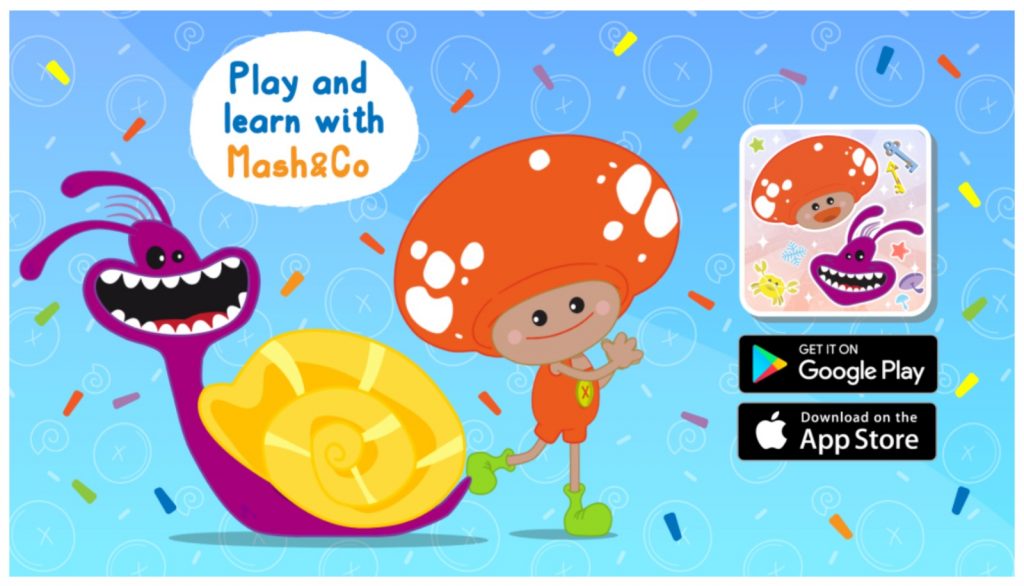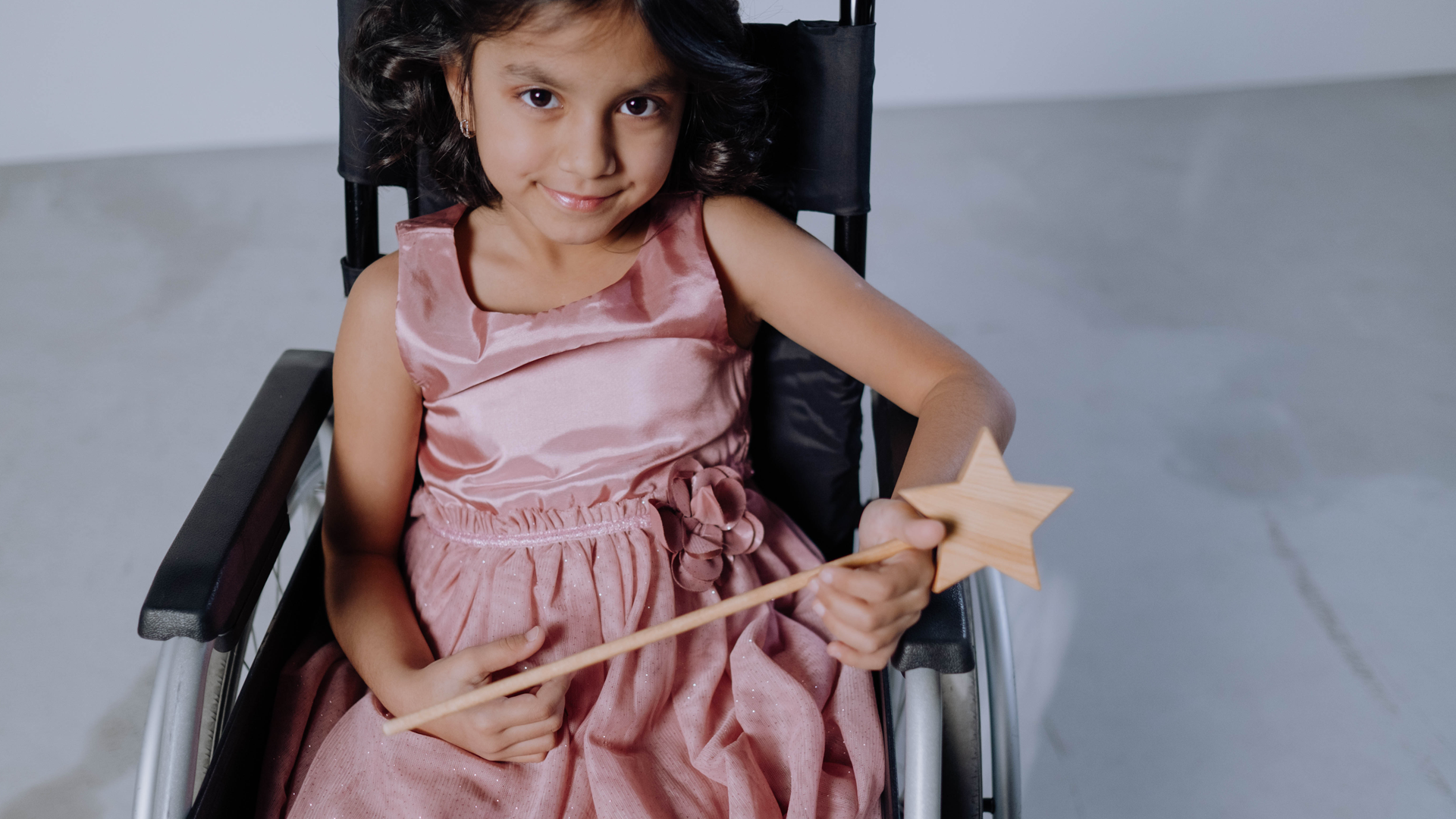Talking to Kids about Disabilities
Whether it’s a friend with autism or a classmate with dyslexia, your child probably already met someone with a disability, and he may be curious about it. It would be best if you were prepared on how to address your kid’s curiosity regarding disabilities.
Here are some of the things you need to bear in mind when talking to your child about people with disabilities.
Be respectful
It is important to show respect to everyone regardless of their cognitive or physical abilities. People with disabilities deserve polite and kind words as much as everyone does. Teach your kid to be respectful and value other people by modeling it. When you see children with special needs, treat them naturally as you would any other person. Smile at them. Greet them. Talk to them. Your child will imitate your actions.
READ ALSO: UNDERSTANDING EMOTIONS IS IMPORTANT FOR PRESCHOOLERS
There’s nothing scary about people with disabilities.
Teach your child that having a disability does not make a person bad or scary. Educate him that people who are different from the rest are not automatically wrong, defective, or bad. Encourage your child to look past a person’s appearance and find ways to relate to that person.
Emphasize similarities
Tell your child that differences are normal and teach him to find common ground with people with disabilities. For example, people with disabilities have feelings too. They also want to have fun. They can laugh. They can play. Emphasizing similarities will show your child that a person with a disability is also just like him in many ways. This will open his mind to the idea that even people with disabilities can be his friends.
Teach kindness and empathy
Teach your child to look for an individual’s strengths instead of focusing on weaknesses. A child could develop kindness and empathy by asking him how he would feel when in someone’s shoes and how he would want to be dealt with if he were in that person’s situation. Teach him to treat others the same way he wants to be treated.
Address and condemn bullying
It is important to have a conversation with your child that it is not good to physically or verbally hurt other people. Your child must know that bullying has a huge impact on a person’s life.
Foster friendships
Give your child the chance to cultivate friendships with children who have disabilities. There are many activities they can do together, from arts and crafts to board games and video games. If he spends more time with kids with disabilities, it will be easier for him to look at them beyond their disabilities.
Talk to your child as openly as you can about treating people with disabilities with respect and kindness. Even at an early age, make your child understand that people may be different somehow, but even if they are different from him, they can still be good friends.
At Mash&Co, we create our original digital edutainment content for kids, empowering emotional skills, and soft skills through gamification, storytelling, and new media. In particular, we want to make the screentime a moment that matters for kids and families, tackling social issues through play. Because when playing, kids rework creatively the impressions they have acquired.
READ ALSO: FUN WAYS TO NURTURE A CHILD’S EMOTIONAL INTELLIGENCE
THE AUTHOR
Gwen Llana-Serrano is a millennial mom who works from home. She owns a content writing start-up and writes about her experience as a mom for the first time on her parenting and lifestyle blog. He also writes articles for The Asian Parent, the largest parenting website in Southeast Asia.



